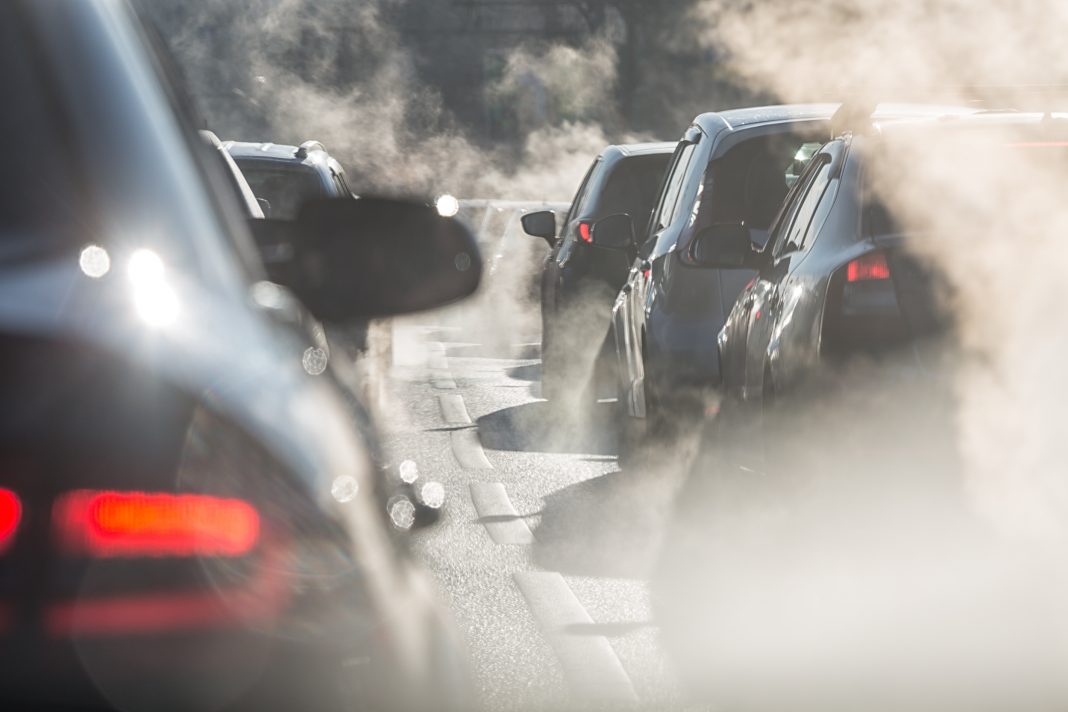Fitted to remove particulate matter pollution from cars, researchers find exhaust filters cannot fully remove all small pollution from vehicle emissions
Exhaust filters, used to capture particulates after the catalytic converter and diesel particulate filters to help reduce air pollution, were introduced as a legal requirement in new cars in 2011, and in heavy-duty vehicles since 2013.
Airborne particles from vehicle emissions are a major contributor to air pollution levels, but new findings by Environment International find these filters fitted to vehicle exhaust systems have limited impact on ultrafine particles.
Smaller liquid particles are harder for the filters to remove
Using data collected from a monitoring station in Marylebone Road, London, the team acquired air quality data for particle mass and number dating back to 2010. The research demonstrated that while exhaust filters are able to remove the majority of larger, solid particles, they are less effective at removing smaller liquid particles.
Lead author on the study, Professor Roy Harrison, said: “Our research shows clearly that current, widely-used filters are not effective against these smaller particles and we welcome recommendations from the World Health Organisation that surveillance of these measurements increase and note with concern that current concentrations measured in London are classified as ‘high’.”
The World Health Organisation define concentrations of ultrafine particles above 10,000 per cubic cm as “high”
The World Health Organisation define concentrations of ultrafine particles above 10,000 per cubic cm as “high”, as particulate pollution is associated with negative impacts on cardiovascular and respiratory health.
Air quality guidelines published by WHO in 2021 also outline concerns over ultrafine particles and their ability to be transported around the body.
When assessing WHO guidelines on ultrafine particle concentrations, the Marylebone Road site had ultrafine particles over 20,000 per cubic cm – around twice the level the guidelines permit.
Fortunately, data demonstrates a steep decline in larger particles
However, these exhaust filters do come with their benefits, which have largely changed vehicle pollution. One example of this is black carbon, which decreased by 81% between 2014 and 2021 – a clear indication that there has been a positive impact from the introduction of exhaust filters.
Yet, the number of particles described as ‘ultrafine’ (smaller than 100 nanometres) was reduced by only 26%. The smallest group of particles, measuring less than 30 nanometres, did not reduce at all, giving a clear indication that filters are not effective against these types of particles.
“In order to meet WHO guidelines we are likely to need a much higher uptake of electric vehicles”
Professor Roy Harrison, School of Geography, Earth and Environmental Sciences, added: “High concentrations of ultrafine particles are likely to be a widespread and persistent phenomenon. In order to meet WHO guidelines we are likely to need a much higher uptake of electric vehicles, as well as additional measures to reduce emissions from diesel vehicles.”











